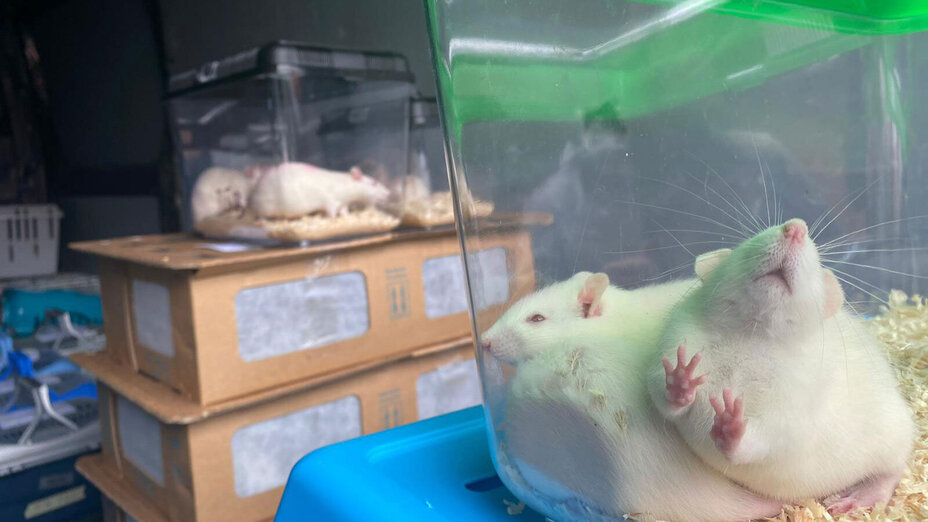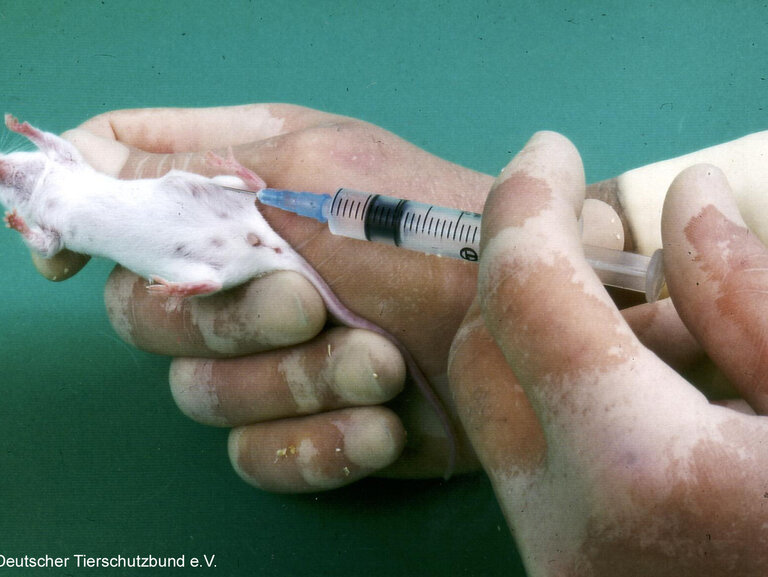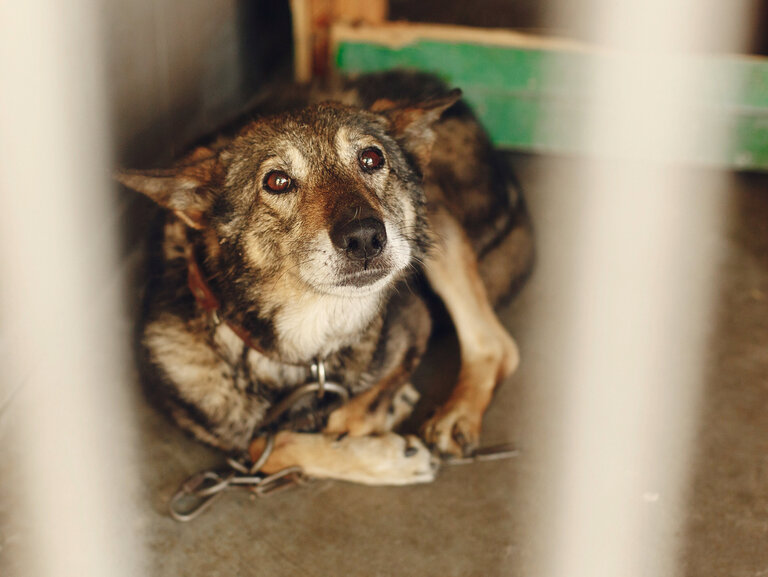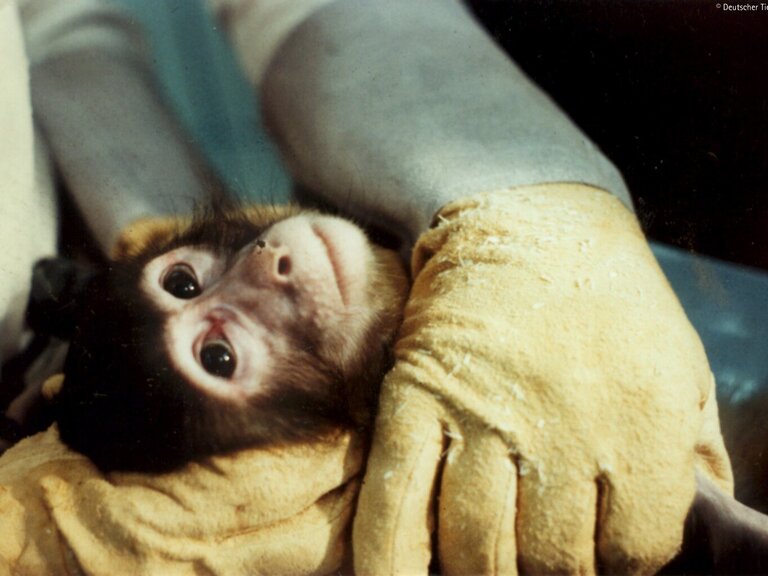On the occasion of International Laboratory Animal Day, the German Animal Welfare Federation criticizes the fact that regulations on animal experiments remain untouched in the current revision of the Animal Welfare Act.
"In the draft of the new Animal Welfare Act, everything remains the same in the section on animal experiments - a flaw that we sharply criticize, as some regulations still do not comply with EU requirements," says Thomas Schröder, President of the German Animal Welfare Federation. "Politicians are letting down the millions of animals that suffer and die for experiments every year."
The current regulations in the Animal Welfare Act prevent authorities from being able to check independently of the information provided by the applicant scientist whether a planned animal experiment is really essential and ethically justifiable. If the applicant answers these points as given in the experimental project, it must be approved, criticizes the German Animal Welfare Federation - and calls for a revision of the relevant regulations in order to meet EU requirements. The animal rights activists also believe that severely stressful animal experiments and experiments on non-human primates should be banned. It is also crucial that the reduction strategy announced in the coalition agreement is developed into a strategy for phasing out animal testing.
Scaremongering over changes to the criminal offense
Although no changes are planned to the specific animal testing regulations in the amendment to the Animal Welfare Act, some scientists believe that biomedical research is threatened by a planned tightening of animal protection criminal law. According to paragraph 17 of the draft bill, repeated cruelty to animals without reasonable cause, which is carried out for profit or affects a large number of vertebrates, is to be punishable by up to five years in prison. The animal testing lobby fears that this also applies to the killing of so-called surplus animals, which are bred for animal testing but killed because they have the "wrong" sex or do not carry the desired genetic modification. "Much ado about nothing," comments Kristina Wagner, Head of the Department for Animal-Free Science at the German Animal Welfare Federation. "It is not conclusively defined whether there is a "reasonable cause" to kill surplus animals, so it is and remains a gray area in legal terms. Even the tightening of criminal law will not change this. So instead of painting horror scenarios about an exodus from research, researchers should avoid a high number of surplus animals - and focus more on animal-free research." The German Animal Welfare Federation is concerned that the obvious scaremongering is also being fueled by the CDU/CSU parliamentary group in the Bundestag with a small question. "We are currently observing that animal users are trying to avert even minimal improvements in the revision of the Animal Welfare Act. In view of the state objective of animal welfare, this is more than shameful," comments President Schröder.








